I suspect that there is no serious scholar who doesn't like to watch television. I'm just the only one who confesses
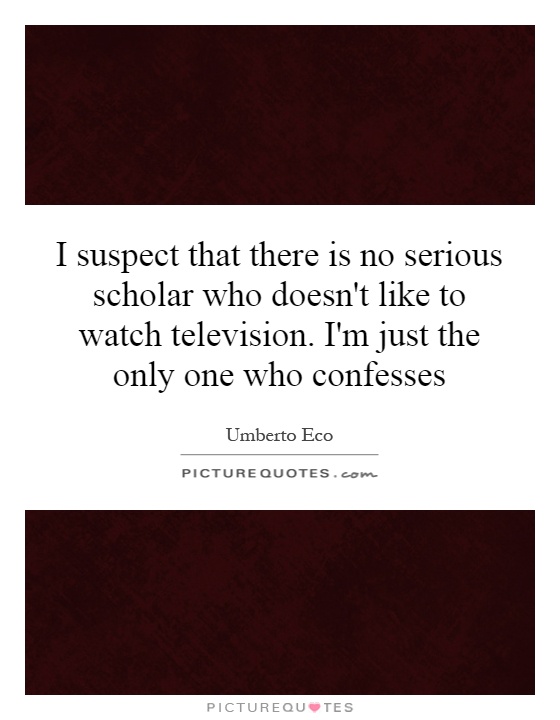
I suspect that there is no serious scholar who doesn't like to watch television. I'm just the only one who confesses
Umberto Eco, the renowned Italian scholar and author, was known for his intellectual prowess and deep understanding of a wide range of subjects. His works often delved into complex philosophical and semiotic theories, earning him a reputation as a serious and respected academic. However, despite his scholarly pursuits, Eco was not immune to the allure of television.In his essay "Confessions of a TV Addict," Eco candidly admits to his love for television, a medium often dismissed by intellectuals as mindless entertainment. He acknowledges that while many of his colleagues may secretly indulge in watching TV, he is one of the few who openly confesses to enjoying it. This admission may come as a surprise to some, given Eco's reputation as a serious scholar, but it speaks to the complexity and diversity of his interests.
Eco's appreciation for television can be seen as a reflection of his curiosity and open-mindedness. He recognized the value of popular culture as a mirror of society and a source of inspiration for his own work. In fact, Eco often drew on elements of popular culture in his novels, blending highbrow and lowbrow influences to create rich and multi-layered narratives.
Moreover, Eco's love for television can be seen as a testament to his belief in the power of storytelling. As a semiotician, Eco understood the importance of narrative in shaping our understanding of the world. Television, with its ability to reach a wide audience and convey complex ideas through visual and auditory means, offered a unique platform for storytelling that Eco found both engaging and enlightening.
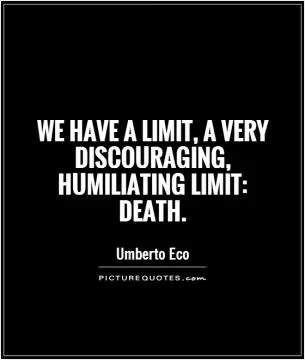

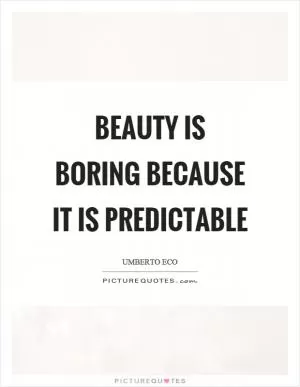
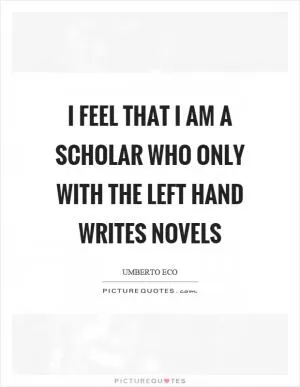

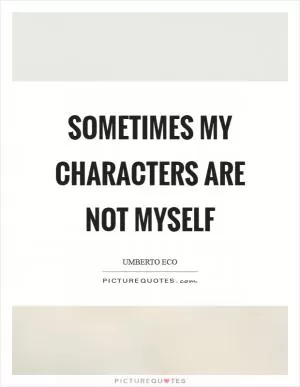


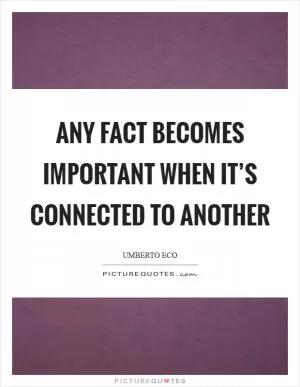
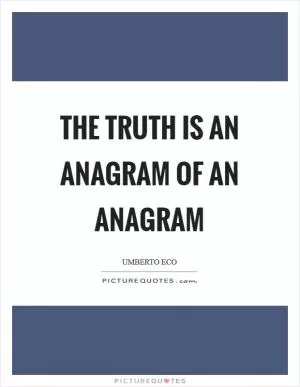

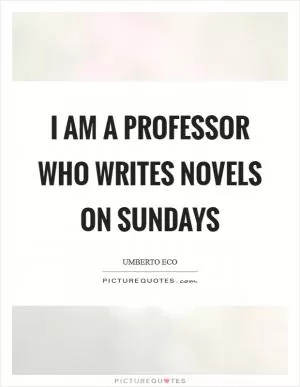
 Friendship Quotes
Friendship Quotes Love Quotes
Love Quotes Life Quotes
Life Quotes Funny Quotes
Funny Quotes Motivational Quotes
Motivational Quotes Inspirational Quotes
Inspirational Quotes